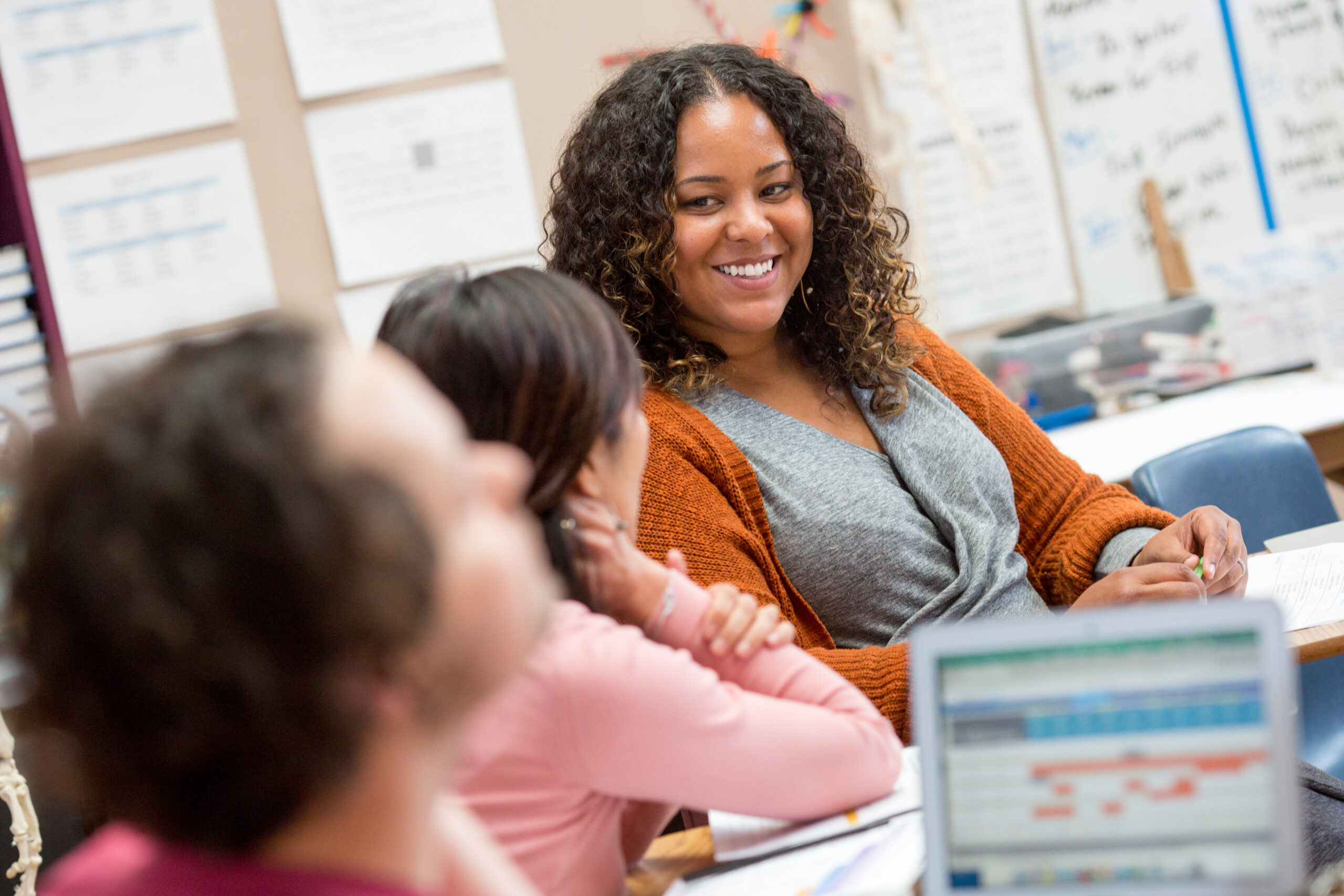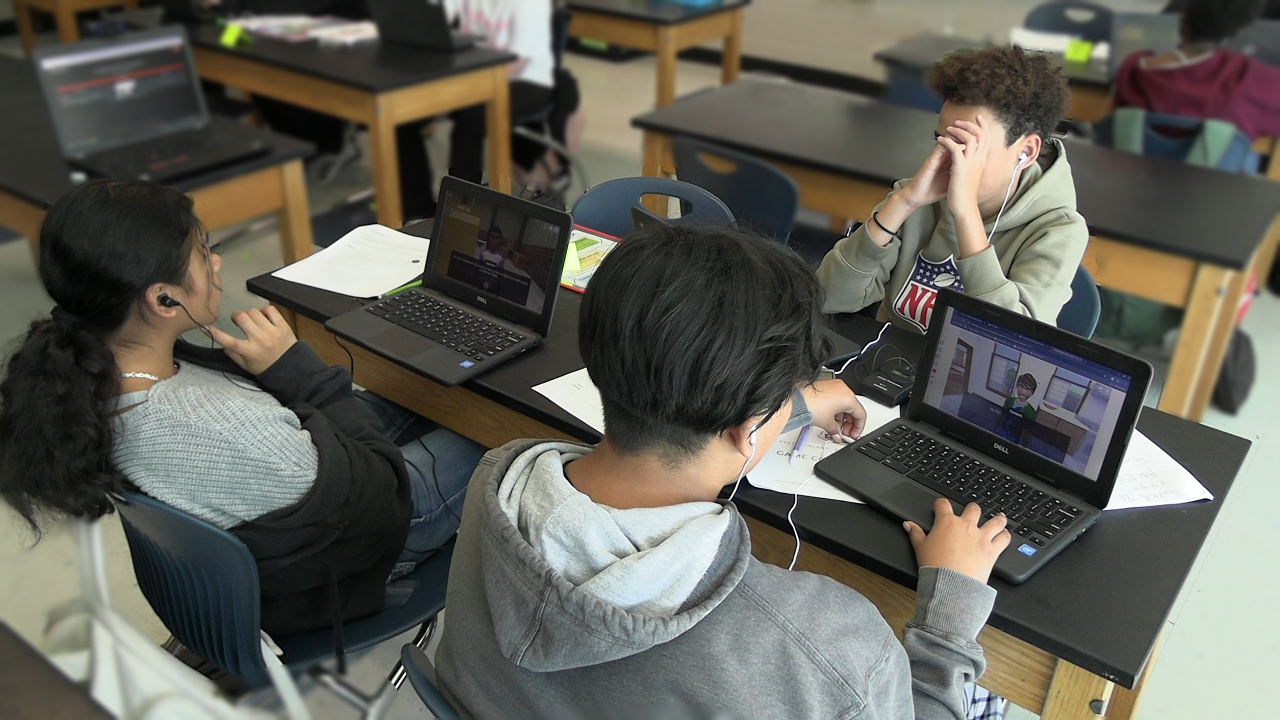Celebrating the End of the School Year: Reflections and Revelations
As the academic year draws to a close, educators across the nation embark on a bittersweet journey of bidding farewell to their students. The end of the school year signifies the culmination of hard work, growth and unforgettable memories. It’s a time for reflection, celebration and anticipation for the adventures that lie ahead. In this blog post, we delve into the significance of the school year end and the invaluable lessons it offers to educators.
Reflecting on Achievements
As an educator, take a moment to reflect on the achievements of both yourself and your students. Consider the progress made, the milestones reached and the challenges overcome throughout the year. Celebrate the academic accomplishments, but also acknowledge the personal growth, resilience and character development your students have experienced. Recognizing their achievements will foster a sense of pride and motivation, reinforcing the impact of your guidance and dedication.
Gratitude and Appreciation
Expressing gratitude is essential when bidding farewell to your students. Show appreciation for their hard work, enthusiasm and individual contributions. Celebrate their unique talents and remind them of the growth they have achieved during their time under your guidance. Expressing gratitude also extends to the colleagues and support staff who have worked tirelessly alongside you. Take the opportunity to acknowledge their invaluable contributions, fostering a culture of appreciation and collaboration within the school community.
Closure Activities
Creating closure is vital to ensure a smooth transition to the next academic year. Plan closure activities that allow students to reflect on their learning journey, share memories and bid farewell to their classmates and teachers. Encourage students to express their emotions, share their hopes and dreams for the future and express gratitude for their educational experience. Such activities not only provide closure but also facilitate a sense of closure for students, empowering them to embrace the upcoming transitions with optimism.
Self-Reflection and Professional Growth
The end of the school year is an ideal time for educators to engage in self-reflection and professional growth. Consider what worked well during the year, the areas where you can improve and the strategies you would like to implement in the future. Reflect on the lessons learned from challenges faced and celebrate your own growth as an educator. Engaging in professional development activities over the summer can enhance your teaching skills and help you bring fresh perspectives into the classroom when the new academic year begins.
Planning for the Future
As you bid farewell to your students, take the opportunity to envision the future. Plan ahead and set goals for the next academic year. Reflect on what you have learned and consider teaching methods you have not yet tried and approaches to enhance student engagement and learning outcomes. Embrace the opportunity to refine your curriculum, explore new technologies and implement creative ideas that can make a lasting impact on your students’ educational journey.
The ending of the school year marks a significant milestone for both educators and students. It is a time for reflection, gratitude and celebration. By engaging in self-reflection, expressing gratitude, planning closure activities and preparing for the future, educators can make the most of this time. Embrace the lessons learned, celebrate the growth of your students and yourself and look forward to the fresh possibilities the next academic year brings.

Emmy is a senior research scholar and design strategist with the Friday Institute. With 27+ years of experience as an educator, administrator and coach, Emmy is dedicated in supporting leaders and educators in designing and building successful and innovative teaching and learning programs. She is currently lead of district and school-based professional learning supports across North Carolina.
- Categories:


